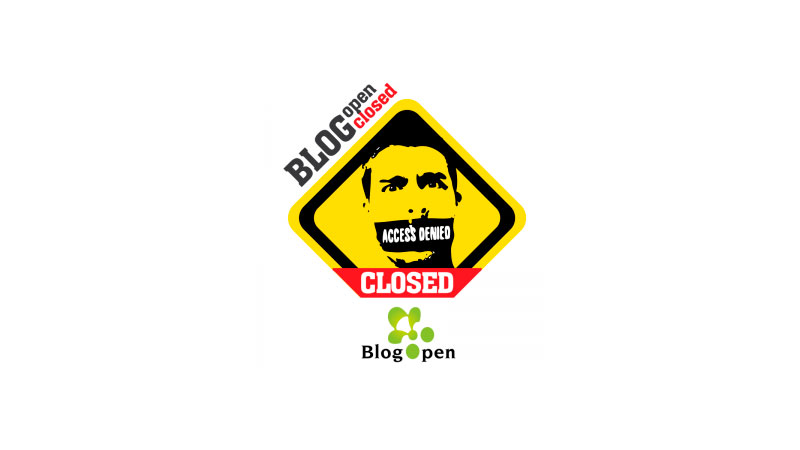
Thanks to a group of independent bloggers and communications professionals, Serbia now has a Declaration of Internet Freedom. The document was born earlier this summer, in the wake of national elections and massive flooding, at event organized by some of the people responsible for Serbia's “Blog Open, Blog Closed” conference.
At the event this June, a panel of experts assembled to discuss troubling developments in Serbian media practices, such as frequent censorship and an absence of political pluralism. There are new concerns about free speech on social networks, too, after police questioned several individuals for “inciting a panic” on the Internet by criticizing the government's flood response. (The bloggers were let off with a warning.)
Three foreign dignitaries spoke at the conference: Michael Davenport, the head of the EU delegation to Serbia, Michael Kirby, the US ambassador to Serbia, and Deniz Yasici of the OSCE's Freedom of the Media office. All three addressed the importance of media freedom and free expression in the development and maintenance of democracy. The event was well attended—indeed, it's hard to see the speakers through the crowds of journalists in video footage now available on YouTube.
Over 100 people came to the conference, and hundreds more watched it online, tuning in to the live stream online, provided by Livetv.rs, a professional local video streaming service. As if on cue, a DDoS attack crippled the event's online video stream, just as the expert panel readied to discuss Internet freedom in Serbia. As people complained on Twitter that the video feed wasn't working, the video streaming service confirmed that a DDoS attack was making it impossible to stream the event live. Employees of Livetv.rs who were present at the event could not identify who conducted the DDoS attacks on their servers, but did confirm that the attacks were heavy and well-organized. Archived footage of the event, however, is now available online:
Media freedom is on the decline in many eastern European countries, where politics has a way of creeping into a variety of content. Increasingly, bloggers and common social media users appear to be facing pressures previously reserved for professional journalists. This became apparent after the devastating floods in Serbia, when authorities began bringing individuals in for questioning, under suspicion of “inciting panic during a state of emergency”, in other words, for publicly posting comments critical of the government on social networks.
As the organizers of the “Blog Open, Blog Closed” conference put it in their announcement, which was sent and forwarded throughout the blogging community in Serbia just days ahead of the event:
Ključno pitanje i cilj blogerskog okupljanja nisu da upiremo prstom u krivce i tražimo odgovore na to šta vlast i, da li, čini da bi se kreirala ovakva atmosfera i ohrabrivala praksa napada na javno izgovorenu reč i gušila kritika i sloboda govora, već šta vlast (ne)čini da ovakve pokušaje obeshrabri.
The key goal of this blogger gathering is not to point fingers at guilty parties and see what, and whether at all, authorities are doing to create this atmosphere and to stifle public criticism and encourage attacks on free speech. But [we're] here to ask to ask what the government is (not) doing to prevent such attempts [at stifling and attacks].








5 comments